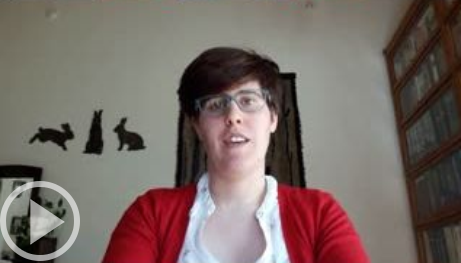A long way? Introducing digitized historical newspapers in school, a case study from Finland
DOI:
https://doi.org/10.7577/seminar.2834Keywords:
newspapers in education, historical newspapers, digital libraries, upper-secondary school, case studyAbstract
Newspapers help teachers to connect their classes with the real world. Their role in education is widely researched, but the use of historical newspapers has attracted little attention. Using social practice theory, this article examines the practices they enable, and how such practices relate to the skills and knowledge upper-secondary students are expected to acquire in school. These questions are pertinent today, as the digitization of newspaper heritage is generalizing access to materials traditionally considered for scholarly research. My approach is ethnographic, involving in-depth interviews, focus-group discussion, and participant observation. The teachers’ accounts motivated me to consider the tradition of using newspapers in school. The class projects demonstrated that historical newspapers reflect attributes that make present-day newspapers popular. Closer examination of students’ work demonstrated that the digital library that houses historical newspapers facilitated and constrained the students’ freedom and capacity to go deep when conducting research. The main finding is that historical documents can support the students’ digital skills. By considering digitization and preservation processes of media heritage, the scope of media education can be widened from its focus on production and consumption. In practice, a better understanding of these materials, will help educators give adequate guidelines to their students.

Published
How to Cite
Issue
Section
License
Copyright (c) 2018 Inés Matres García del Pino

This work is licensed under a Creative Commons Attribution 4.0 International License.
Seminar.net is a fully open access journal, which means that all articles are available on the internet to all users immediately upon publication. Use and distribution in any medium is permitted, provided the author and the journal are properly credited. The journal allow reuse and remixing of content in accordance with a Creative Commons license CC-BY
- The journal allows the author(s) to hold the copyright without restrictions.
- The journal allows the author(s) to retain publishing rights without restrictions.
- Seminar.net does not charge authors for publishing with us.